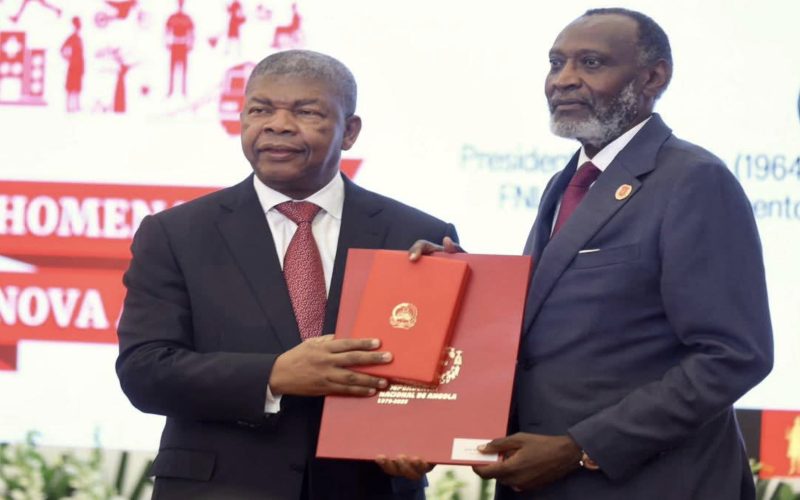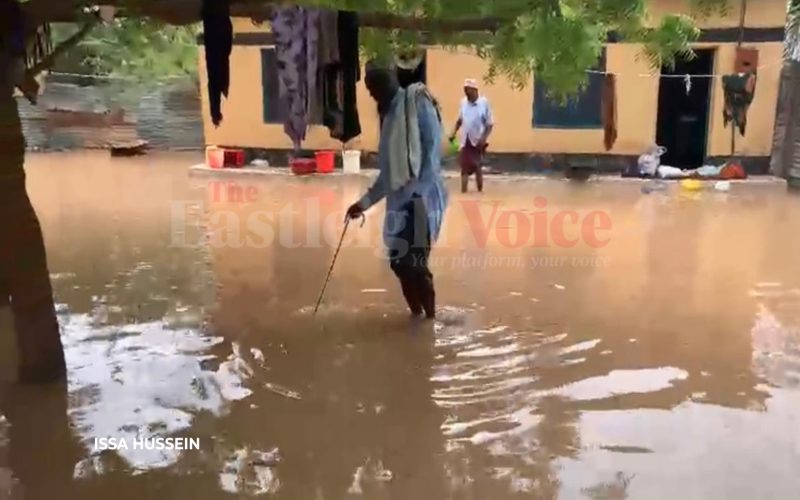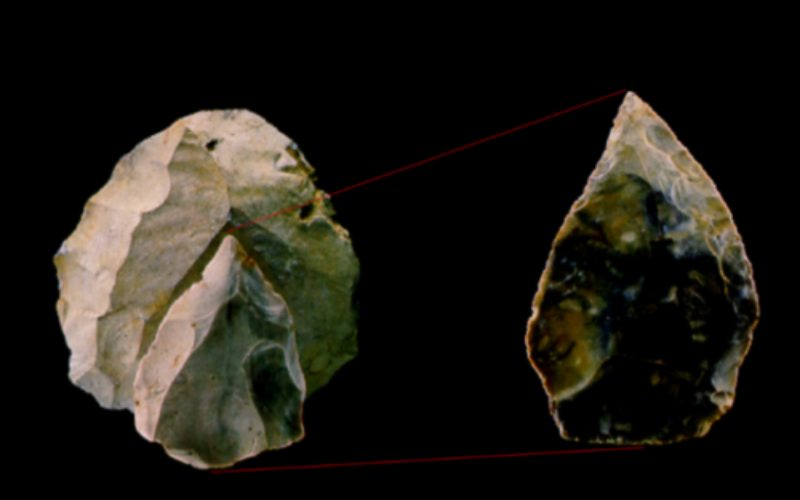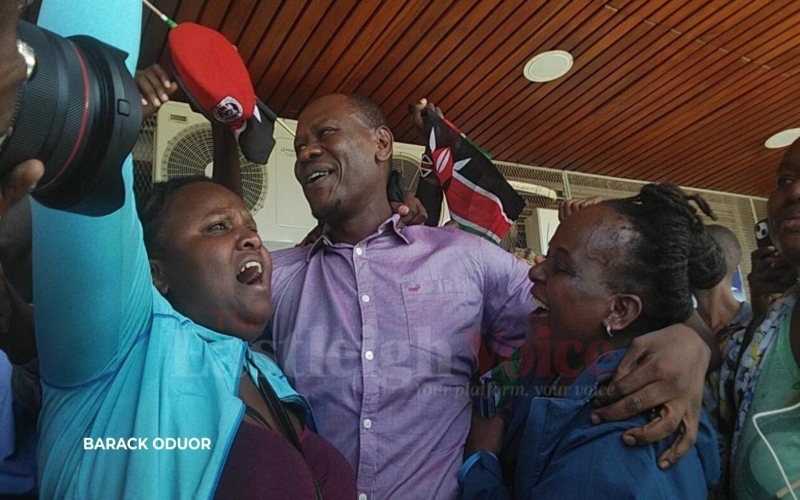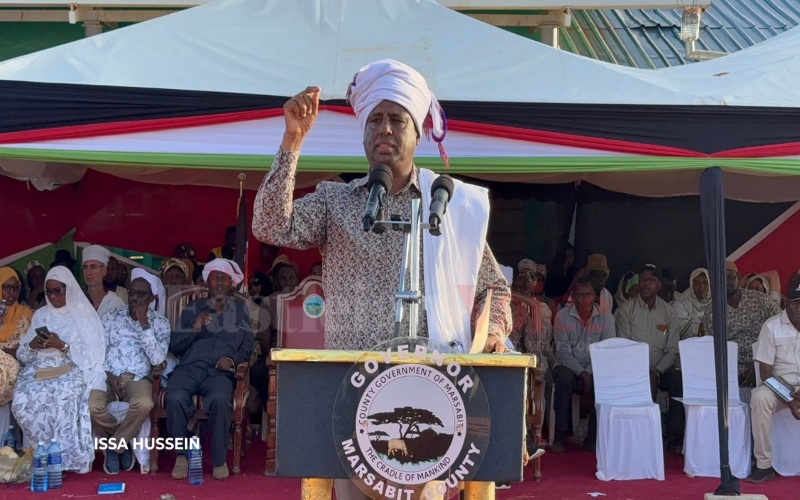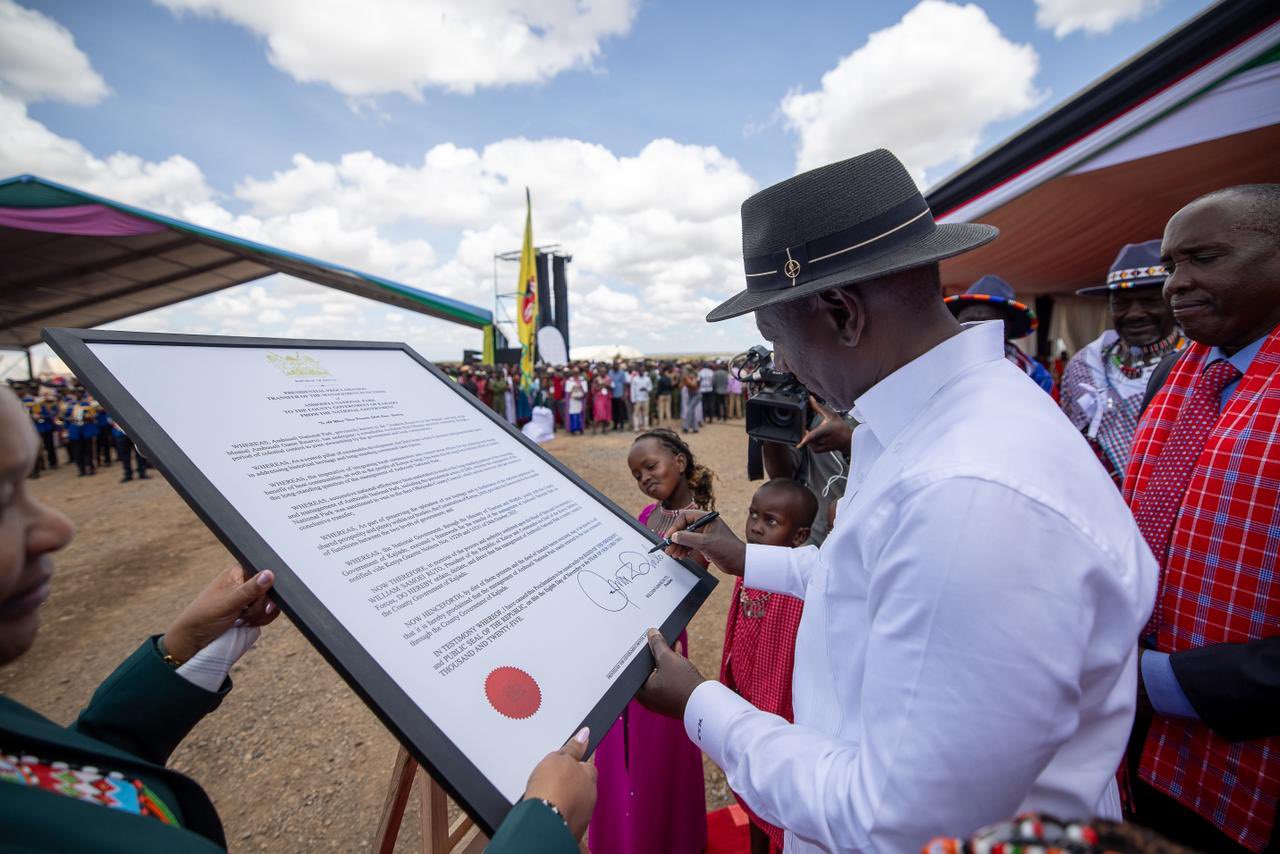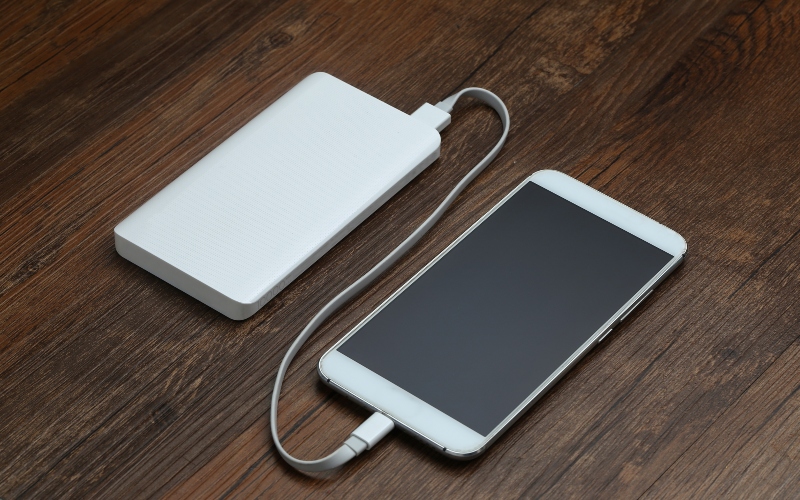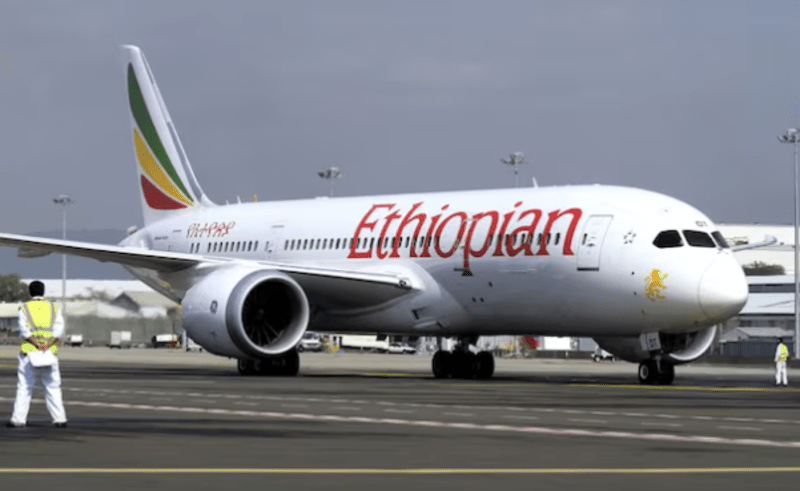Displaced musicians from Gaza strive to rebuild their lives in Egypt
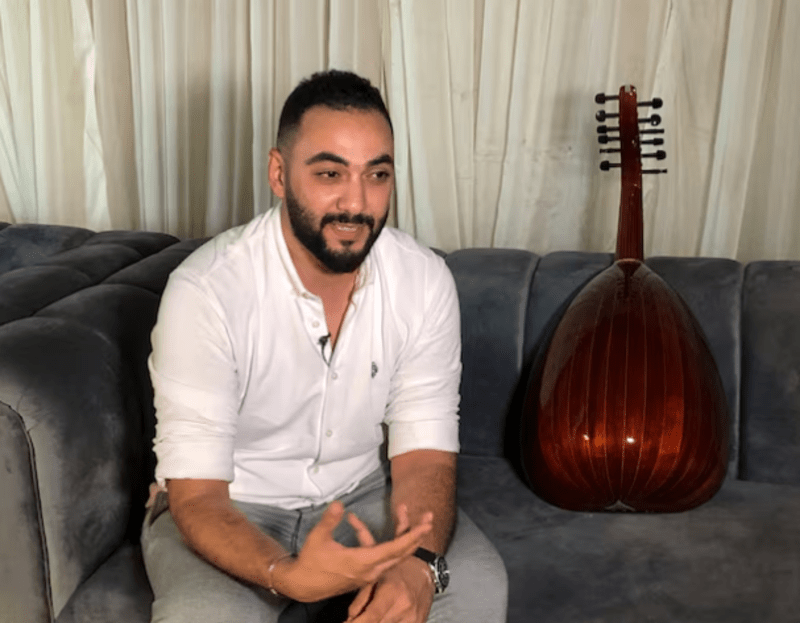
The war that started on October 7 has reduced much of Gaza to rubble and left almost 40,000 people dead, according to the local health ministry.
Palestinian musician Raouf Belbeisi had dreamt from a young age of creating a vibrant cultural hub in the Gaza Strip, but five months after he opened a cafe in Gaza City, the war between Israel and Hamas shattered his plans.
Now the Oud-playing singer is among a group of Gazan musicians looking to rebuild their lives and careers after crossing into neighbouring Egypt.
More To Read
- Desperate need for water and food continues as Gaza families head north
- Africa imports over 70 per cent of its medicines — Local production of ingredients could change that
- UN says delivering aid to northern Gaza remains challenging
- Egypt inches closer to troop deployment in Somalia amid regional tension
- Gaza intensifies efforts to clear rubble, reopen roads amid severe shortage of fuel
- With 83 per cent of its buildings destroyed, Gaza needs more than money to rebuild
"The war broke out, and the cafe was completely shut. This dream collapsed. It was bombed and demolished," Raouf, 28, told Reuters at a community event for displaced musicians in Cairo on Saturday titled Deira, which means home in Arabic.
"Since the start of the war, I was displaced along with my family four or five times. In the end, it was agreed that I come here to Egypt to help my entire family get out," he said.
Raouf remains undeterred, though his primary concern is the safety of his family, still trapped in Gaza. "My wish for now is that the war ends, of course, and for me to get my family out of Gaza, or for me to go back."
The war that started on October 7 has reduced much of Gaza to rubble and left almost 40,000 people dead, according to the local health ministry.
Egypt provided the only route for civilians to leave the long-blocked territory, many paying brokers thousands of dollars to do so, though the border crossing closed as Israel advanced on the Gazan town of Rafah in early May.
Displaced by the conflict but driven by his passion for music, 22-year-old rapper Ahmed Shamaly arrived in Cairo three months ago with little more than his family and the hope of launching his first collection of recorded tracks.
Shamaly had a chance to perform live tracks from the compilation for the first time at the Deira event, hosted by arts collective Kalam Aflam along with other local initiatives.
He said that people working in the arts in Gaza faced restrictions on creative freedoms as well as a lack of infrastructure and support.
However, "before the war, I felt that there was more acceptance for rap music among the youth, and there was an energy that would take us to wonderful places," Shamaly said.
Deira is also the name of the latest album from Algerian-Palestinian performer Marwan Abdelhamid, better known by his stage name Saint Levant, who was the main performer at Saturday's event. The album's name signifies a connection to his roots.
Hayat Aljowaily of Kalam Aflam said the Cairo event aimed to inspire young Palestinians with a sense of possibility.
"Egypt is a historical crossroads of arts and culture in the MENA (Middle East and North Africa) region, and it has the infrastructure and industry leaders who can help these artists reach new audiences and sustain their art until they can return home," she said.
Shamaly's 20-year-old music manager, Adam Ghanim, is determined to launch Gaza's first music label. In January 2023 he received a fellowship from the 2048 Foundation, founded by Saint Levant, which backs creative Palestinian projects.
"With their support, we were able to open a music studio in Gaza City, but nearly five months later, Israeli forces destroyed it," he said.
"We lost everything, but now in Cairo, we're determined to gain it all back," he said.
Top Stories Today
